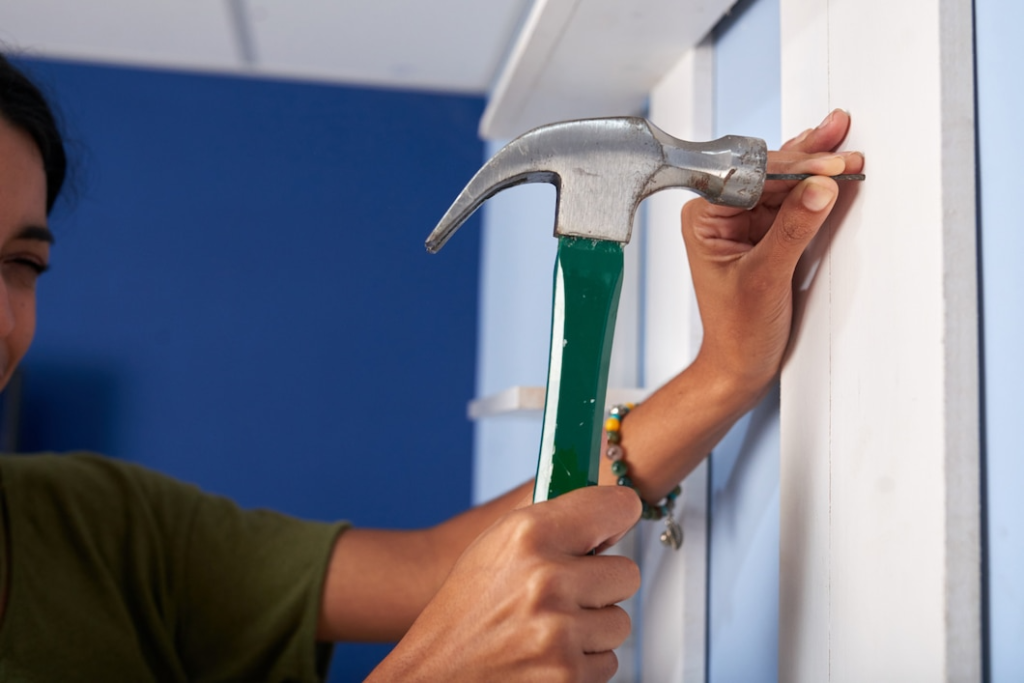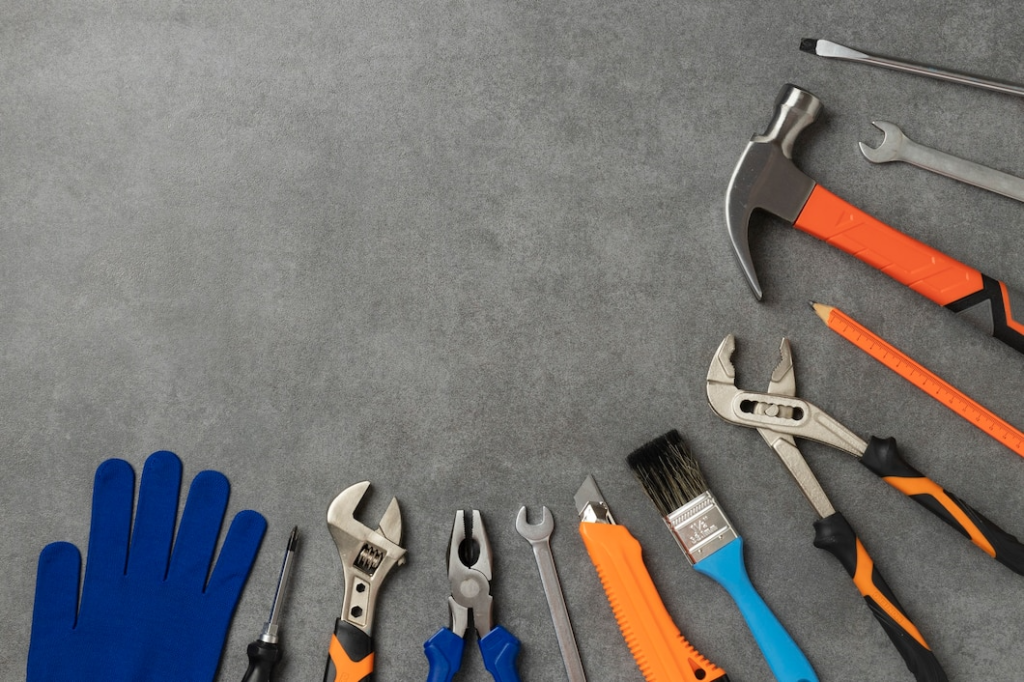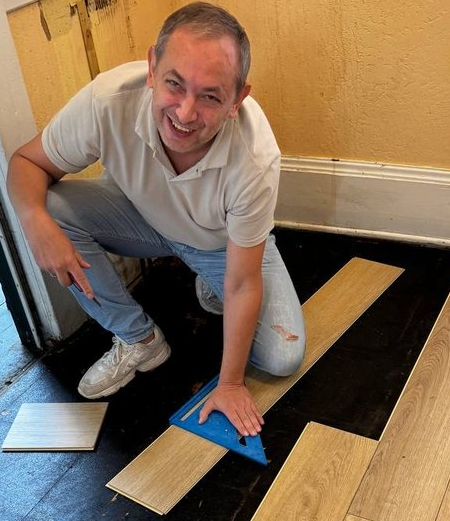Homeownership comes with the inevitable need for repairs and maintenance. From fixing leaky faucets to patching up drywall, the question often arises—should you tackle the job yourself or hire a professional handyman?
While DIY projects can be rewarding, cost-effective, and even fun, they can also lead to costly mistakes and wasted time if not done correctly.
This article will help you determine when it’s best to take the DIY route and when to call a handyman for professional help. We’ll discuss the complexity of different tasks, cost comparisons, safety concerns, and how to find the right handyman for the job.
Understanding Your Skill Level

Before picking up a wrench or a power drill, it’s essential to evaluate your own skill level. Many homeowners assume they can handle simple tasks, but even small projects can become complicated without the right knowledge.
Assessing Your Expertise
- Have you done similar projects before?
- Do you know how to use the necessary tools safely?
- Are you confident in following step-by-step instructions?
Common Mistakes DIYers Make
Many DIYers make the mistake of underestimating a project’s complexity. Here are some common pitfalls:
- Misjudging the amount of time needed
- Using the wrong materials or tools
- Ignoring safety protocols
- Failing to follow local building codes
The Importance of Knowing Your Limits
DIY can be a great way to save money, but pushing yourself beyond your skill level can result in a bigger mess than you started with. If you feel uncertain about a project, it’s often safer (and cheaper in the long run) to call a professional handyman.
Complexity of the Task
Not all home repairs are created equal. Some tasks require minimal skills and basic tools, while others demand professional expertise.
Easy DIY Tasks vs. Complex Repairs
Here are some examples of tasks you can typically handle yourself versus those that require a handyman:
| DIY-Friendly Tasks | Jobs for a Handyman |
| Changing light bulbs | Installing ceiling fans |
| Unclogging a drain | Fixing major plumbing leaks |
| Painting a room | Repairing drywall holes |
| Assembling furniture | Custom carpentry work |
Tools and Equipment Required
Some projects require specialized tools that you may not have at home. Renting or buying these tools can add to the overall cost of a DIY project, making hiring a handyman a more economical choice.
Safety Concerns with Certain Jobs
Any task that involves electrical work, gas lines, or high places should be approached with caution. If there’s any risk of injury or significant damage to your home, it’s best to call in a professional.
Cost Considerations

Many homeowners choose DIY because they assume it’s cheaper, but that’s not always the case.
Comparing DIY Costs vs. Hiring a Handyman
While DIY may save you money on labor, you’ll need to factor in:
- The cost of materials
- Tool purchases or rentals
- Potential mistakes that could require professional correction
Hidden Expenses of DIY Projects
DIYers often overlook hidden costs, such as:
- Buying extra materials due to errors
- Taking time off work to complete the project
- Additional repairs if the project isn’t done correctly the first time
When Hiring a Pro Saves Money
If a project requires specialized skills, a handyman may complete it faster and with better results, ultimately saving you money in the long run.
Time and Effort Involved
Your time is valuable. While some projects may take only a few hours, others could stretch over days or even weeks.
How Long a DIY Project Might Take
A seemingly simple task like fixing a leaking faucet can become an all-day ordeal if you encounter unexpected issues. Consider:
- Do you have the time to dedicate to the project?
- Will it interfere with work, family, or other responsibilities?
The Value of Your Time
Sometimes, paying a professional is worth it just for the convenience. If a handyman can complete a job in an hour that would take you a full weekend, the cost may be justified.
Balancing Work, Family, and Home Projects
If your schedule is packed, the last thing you want is an unfinished DIY project lingering for weeks. Hiring a handyman ensures the job gets done efficiently.
6. When DIY is a Good Idea
There are times when taking the DIY route makes perfect sense. If the project is simple, cost-effective, and doesn’t pose any major risks, handling it yourself can be a satisfying and productive experience.
Simple Repairs That Are DIY-Friendly
Here are some home maintenance tasks that most homeowners can handle without professional help:
- Painting walls and furniture – A fresh coat of paint is one of the easiest and most affordable ways to update a room.
- Replacing door handles and locks – Swapping out old hardware is a straightforward task requiring minimal tools.
- Installing shelves – With the right tools and measurements, you can easily mount shelves on the wall.
- Basic plumbing fixes – Unclogging a drain or replacing a showerhead is manageable for most people.
Cost-Effective Maintenance Tasks
Preventive maintenance helps avoid costly repairs down the line. Consider tackling these DIY-friendly tasks:
- Cleaning gutters and downspouts
- Changing HVAC filters
- Caulking around windows and doors to prevent drafts
- Tightening loose cabinet hinges and door knobs
Learning New Skills Through DIY
If you’re eager to learn and have time to research, some home projects can be great learning experiences. Watching tutorials, reading manuals, and practicing on small tasks can build your confidence. However, always start with low-risk projects before attempting more advanced ones.
When to Call a Handyman
Some projects require a professional touch. Knowing when to call a handyman can save you time, money, and stress.

Jobs Requiring Expertise
If a task involves specialized knowledge or experience, it’s best left to a pro. Examples include:
- Installing electrical outlets or wiring
- Repairing drywall with extensive damage
- Fixing plumbing leaks inside walls
- Replacing or installing ceiling fans
Legal and Permit-Related Work
Certain projects require permits and inspections. If you’re unsure about local building codes, consult a professional. Jobs like structural modifications, major plumbing work, and extensive electrical work often require permits.
Risky or Hazardous Tasks
If a project involves significant safety risks, it’s wise to hire a professional. Avoid DIY on tasks like:
- Roof repairs
- Tree trimming near power lines
- Gas line repairs
- Large-scale demolition projects
Handyman vs. Specialized Contractor
Not all professionals are the same. While a handyman can handle many tasks, some jobs require a licensed contractor.
When a Handyman is Enough
A handyman is suitable for general maintenance and small to medium-sized repairs, such as:
- Fixing leaky faucets
- Patching drywall holes
- Installing light fixtures
- Minor carpentry work
When to Hire an Electrician, Plumber, or Carpenter
Certain projects demand a licensed specialist:
- Electrician: Rewiring a house, installing new circuits, troubleshooting complex electrical issues
- Plumber: Fixing major leaks, replacing water heaters, installing new plumbing lines
- Carpenter: Building custom cabinets, repairing structural damage, framing walls
Cost Differences Between a Handyman and a Contractor
Handymen typically charge less per hour than licensed specialists. However, contractors are necessary for tasks requiring permits, inspections, or extensive expertise.
How to Find a Reliable Handyman

Hiring the right handyman can make a big difference in the quality of work and your overall experience.
Where to Look for a Handyman
- Online directories (Angi, HomeAdvisor, Yelp)
- Local community boards and Facebook groups
- Word-of-mouth recommendations from friends and neighbors
- Hardware stores (many keep a list of recommended professionals)
Questions to Ask Before Hiring
- How much experience do you have with this type of work?
- Are you licensed and insured?
- Can you provide references or examples of past work?
- What’s the estimated cost and timeline for the job?
Checking Licenses, Insurance, and References
A professional handyman should have liability insurance to cover potential damages. Checking online reviews and speaking to previous customers can help ensure reliability and professionalism.
Red Flags When Hiring a Handyman
Not all handymen are trustworthy. Here are some warning signs to look out for:
Signs of an Untrustworthy Handyman
- Avoids providing a written estimate
- Pressures you into making quick decisions
- Has poor online reviews or no references
- Asks for full payment upfront
Overpricing and Hidden Fees
A reputable handyman should provide a clear breakdown of costs. Watch out for vague pricing or surprise charges added at the last minute.
Lack of Proper Credentials
Even if your state doesn’t require a handyman to have a license, they should still have liability insurance to protect against damages or injuries.
Negotiating a Fair Price
Getting Multiple Quotes
It’s always a good idea to get at least three estimates before hiring a handyman. Comparing prices can help you determine a fair market rate.
Understanding Pricing Structures
Some handymen charge by the hour, while others offer flat-rate pricing for specific tasks. Make sure you understand how they calculate their fees.
Avoiding Scams and Overpriced Services
If an offer sounds too good to be true, it probably is. Be wary of unusually low prices, as they may indicate poor workmanship or hidden fees.
DIY Safety Tips
If you decide to go the DIY route, follow these safety precautions to avoid injuries or costly mistakes.
Essential Protective Gear
- Safety glasses for eye protection
- Gloves for handling sharp or heavy materials
- Ear protection when using power tools
- Dust masks when sanding or painting
Understanding Risks Before Starting a Project
Before tackling any project, research potential risks and best safety practices. If a job involves electricity, gas, or hazardous chemicals, reconsider doing it yourself.
Knowing When to Stop and Seek Help
If you start a DIY project and realize it’s beyond your capabilities, don’t hesitate to call a professional. There’s no shame in knowing your limits.
Common DIY Disasters and How to Avoid Them
Stories of DIY Fails
Many homeowners have attempted DIY projects only to regret it later. Common disasters include:
- Flooded bathrooms from botched plumbing jobs
- Electrical fires caused by improper wiring
- Crooked shelves and cabinets from poor measurements
Lessons Learned from Common Mistakes
- Always turn off water and power before working
- Measure twice, cut once
- Read instructions thoroughly before starting
How to Recover from a DIY Disaster
If you’ve made a mistake, assess the damage before panicking. Some errors can be fixed with additional effort, while others require professional intervention.
Long-Term Perspective: DIY vs. Hiring a Pro

Quality and Durability of Work
A professional handyman often provides higher-quality results than a rushed DIY job. Poor workmanship can lead to frequent repairs and higher costs over time.
Long-Term Maintenance Considerations
A well-done repair lasts longer, reducing future expenses. Investing in professional work can save money in the long run.
Peace of Mind with Professional Work
Hiring a professional ensures the job is done correctly, giving you peace of mind and eliminating the stress of DIY mishaps.
Conclusion
DIY projects can be fun and rewarding, but knowing when to call a handyman is essential. Simple tasks like painting and minor repairs are great for DIYers, while electrical, plumbing, and structural work should be left to the pros. Consider your skill level, time, and budget before deciding. When in doubt, hiring a handyman ensures safety, efficiency, and quality work.
FAQs
1. What is the average hourly rate for a handyman?
Rates vary, but most handymen charge between $50-$100 per hour.
2. Can a handyman do plumbing or electrical work?
Yes, but for complex jobs, a licensed plumber or electrician is required.
3. How can I tell if a handyman is reliable?
Check online reviews, ask for references, and ensure they have insurance.
4. Is DIY always cheaper than hiring a handyman?
Not necessarily—mistakes and tool costs can make DIY more expensive.
5. Do handymen offer guarantees for their work?
Some do, so always ask about warranties before hiring.
